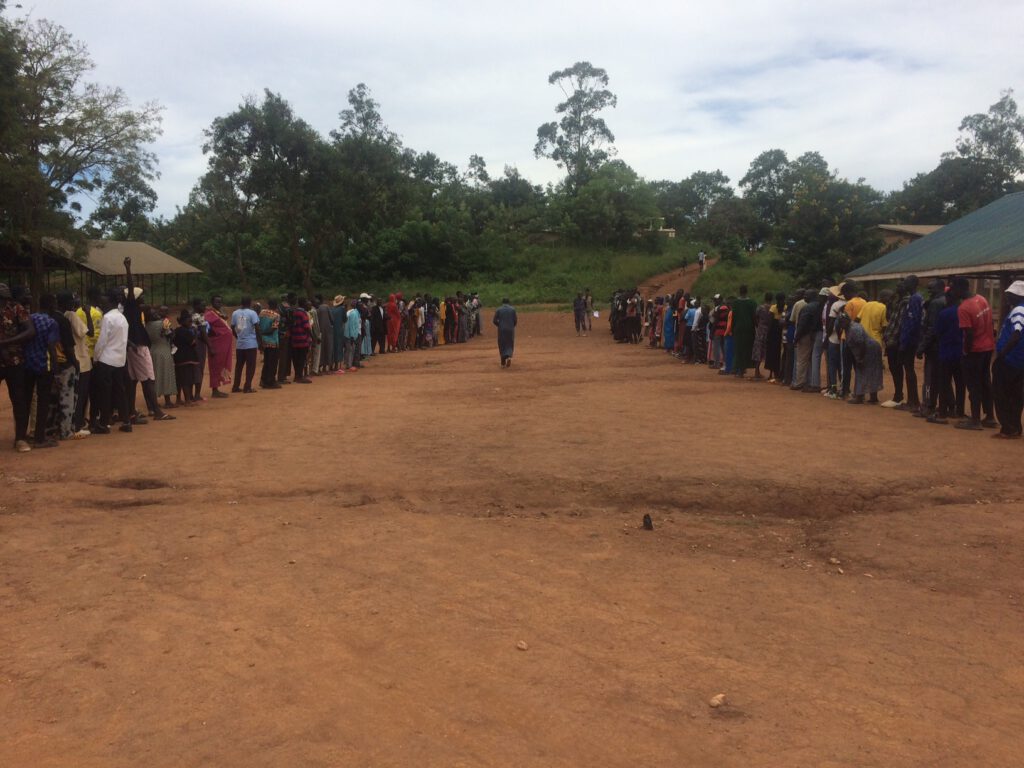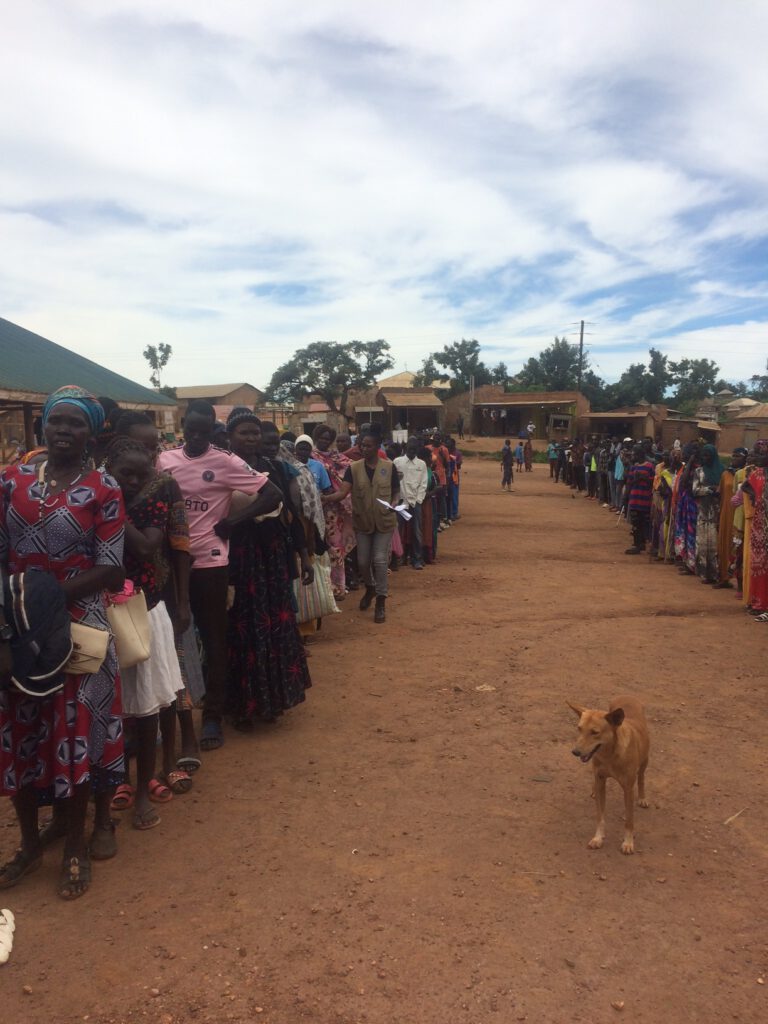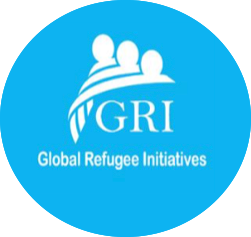
“Relative to many other countries across the globe, not least economically richer parts of the world, Uganda’s willingness to host hundreds of thousands of refugees stands out as a positive example. While Europe and the US try ever more creative ways to create barriers to refugees reaching their territories, Uganda’s open borders approach puts many other states to shame.” (IRRI)
As stated by IRRI, Uganda has a unique refugee response. Yet, we cannot neglect the living conditions of many refugees in Uganda. The majority of refugees in rural settlements across the country face severe economic vulnerabilities. Besides financial hardships, many suffer from mental distress, injuries or diseases, and struggle to access education and public services. Whilst the list of challenges is endless, today we want to focus on the bright side of Uganda’s refugee response, showcasing the Refugee Welfare Committee as a best-practice example.
In Uganda, every refugee settlement has a Refugee Welfare Committee, a refugee-led leadership structure. Every neighbourhood, also referred to as a cluster, within the settlement has its own Committee, which consists of a number of positions such as a Secretary of Women Affairs or Secretary for Persons with Specific Needs. All adult refugees residing in a cluster have the right to participate in the elections and to elect leaders to represent their interests or as the Office of the Prime Minister (OPM) states:
“The effective and efficient management of the rural settlements can only be achieved through setting up of administrative structures including refugee leadership for the purpose of mobilizing refugees, ensuring refugee community participation in programs and decision making on matters that affect them.” OPM further states that the locally rooted leadership structure facilitates communication between the host and refugee communities as well as the authorities and supports the promotion of peaceful co-existence.

In Kiryandongo Refugee Settlement elections took place last week. Together with other humanitarian workers, our field staff was part of the election process at different polling stations. We got the chance to interview Leon David Duku, newly elected chairperson of Cluster C. Hear from him:
- how the Refugee Welfare Committee operates in Kiryandongo,
- about the benefits of including refugees into leadership structures,
- about his personal motivations
- and why these elections were all about female power !
